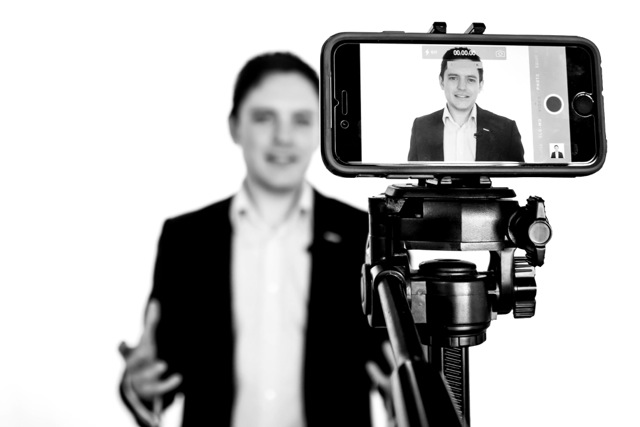We moved house this weekend. It’s an event that is generally accepted as being one of the most stressful periods of your life and if our experience can be regarded as typical, there are so many things happening simultaneously that it is sometimes hard to determine whether you are coming or going. As I’m sure my wife will testify I’m pretty meticulous and like to plan things in great detail, so in a high stress situation like moving, my challenge was not to get swept up in the chaos or to place all of my focus on the things that weren’t going to plan – of which there were many!
Now, I’m not going to lie and pretend that I was always a model of cool, calm, collectedness - there was a certain incident involving the garage keys which definitely spiked my blood pressure! – but I was struck by the impact that continually working to remain “in the moment” had on my levels of stress. Rather than focusing on what had or could go wrong, I tried to place my focus on what was happening at the precise moment in time and I was pleasantly surprised by the number of times I felt joy instead of dread.
When I was growing up I vividly remember an elderly friend of the family repeatedly telling us to “enjoy the moment” and at the time I really struggled with the concept. What I think he meant was really try to be present. Take time to notice what is going on around you, to breathe it all in. We live in a world that values and prioritises speed but all too often we fail to connect with the task at hand or the people we are interacting with. We should be human beings but much of the time we are human doings.
The challenge is to continually be in control of your state. To choose the attitude you take into a situation rather than allowing the attitude to choose you. For me that all begins in the body. What we do with our physicality has a massive impact on our mindset so taking a moment or two to stretch, to breathe, to shake things out really allows me to reset my emotional outlook. You can try it right now. As you read these words, take a couple of seconds to notice how you are feeling. What are you doing with your body? Are you holding any tension? What emotions are you experiencing? What thoughts are going through your mind? Now move. Go on! Get out of your chair. Stand up. Stretch. Take a couple of deep breaths. Smile. Feels better doesn’t it?
Making an effort to be mindful, to stay grounded and connected to your objective not only makes you feel better, it makes you more productive too. Rather than flapping around or jumping from one task to the next and back again, being in the moment helps you to move towards your goal one step at a time. It’s not easy but it is effective. During the house move at moments I felt like I was juggling 101 task but when I forced myself to focus on the most important task at hand we seemed to take exponential leaps forward.
So, as you go about your day today take a moment to pause, to notice and to make a choice. How do you choose to be? How would you like to feel? There are no guarantees that everything will go smoothly and according to plan but you’re much more likely to enjoy the journey. As for me, I’m looking forward to getting back from the office, lighting a log fire and soaking in the surroundings of our beautiful new home.















